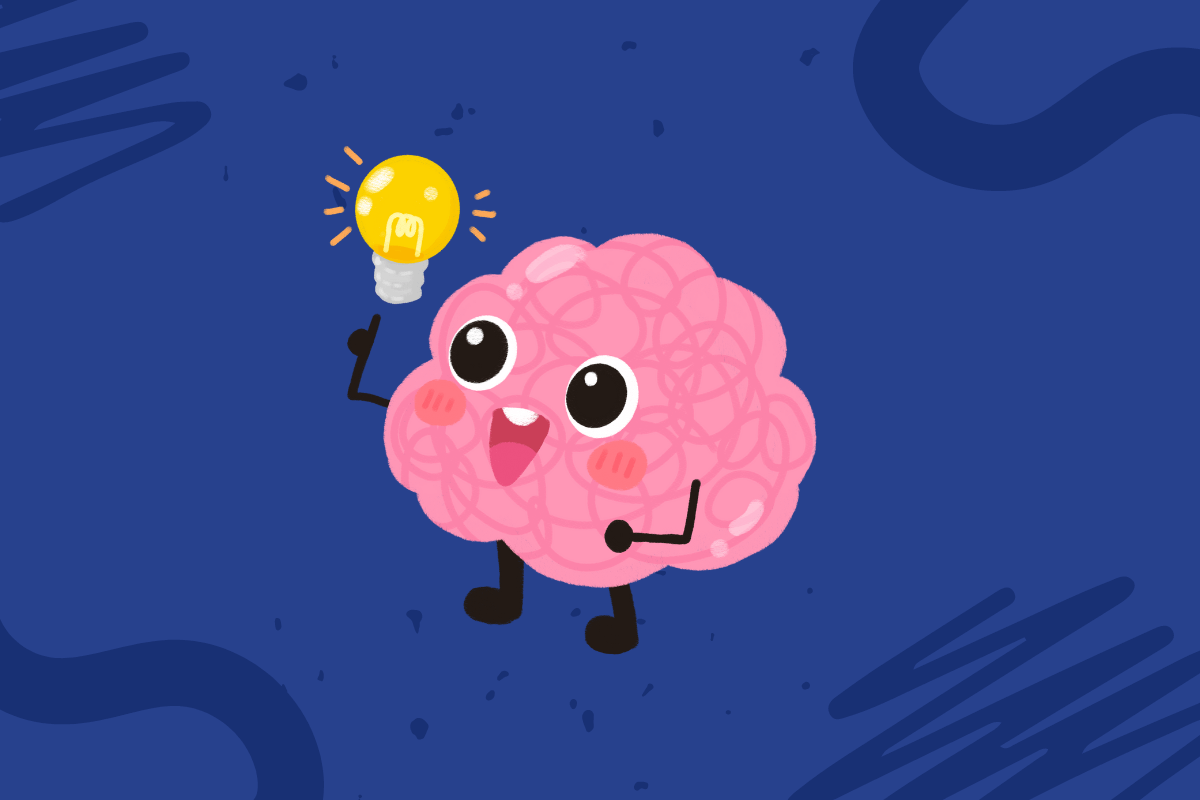When most people think of “brain breaks,” they automatically think of adults. However, brain breaks are just as important for children! Here’s why: when children spend too much time focusing on a task, their brains can start to feel overwhelmed. This can lead to problems with focus, attention, and motivation. That’s where brain breaks come in! A well-timed brain break can help children reset and refocus, leading to better work output. So next time your child is feeling frustrated or unmotivated, try giving them a brain break!
Brain Activity
Most kids need a break after concentrating on a task for a while. For example, they may become anxious or stressed while focusing on math concepts. That’s why brain breaks are so important. They allow the brain to reset and refocus by switching neural activity to different networks. While kids are learning, most of their energy goes into the parts of the brain that are used for attention and critical thinking. Brain breaks reset these areas help reduce stress and anxiety and improve learning when kids return to their tasks.
Active or Passive
Brain breaks can be active or passive, depending on the child’s needs. Active brain breaks focus on physical movement and may involve jumping or dancing around. Passive brain breaks are more about mindfulness or sensory and may include taking deep breaths or listening to calm music.
All types of brain breaks should last about 3 – 5 minutes and should be preplanned. This will give a child something to look forward to. If a child struggles with their learning and no end is in sight, they may become more anxious or stressed. However, they will feel more relaxed if they know they have a fun break coming up.
Whether they are active or passive, brain breaks can be used at home during homework time or at school during class time. In both settings, brain breaks are an excellent way to help kids stay on task and avoid burnout.
Brain breaks can also:
- Sharpen short-term memory
- Reduce anxiety and burnout
- Help with self-regulation
- Boost motivation to learn
- Improve attention
- Increase time on task
- Increase academic achievement
Brain breaks are particularly important for children with sensory or behavioural needs, but all children can benefit from taking some time to destress.
Building A Schedule
Building a schedule can help you (the parent/caregiver) to remember to use them with your child, and it can also help them stay motivated during work time, knowing they have a break coming up. Once the brain break begins, a stopwatch or phone timer can help ensure the break lasts the right amount of time. If it is too short, your child may not get enough of a break. However, if it is too long, they may become distracted and reluctant to return to the task at hand. Your child should be able to see the timer so they can be fully prepared to return to work when it’s time.
Finding The Right Brain Break For Your Child
Finding your child’s proper brain breaks may take trial and error. It is best to start by thinking about what your child responds to best, then using this to figure out which type of brain break they may need. For example, are breaks more effective when they keep learning or give their mind a rest? Are they more effective when they get up and move or when they take some time to relax? This could vary daily, but by learning your child’s energy levels and preferred brain breaks, you can determine what works best for them.
By having various brain break ideas prepared ahead of time, you can easily pull whichever one may suit your child’s need at that moment in time. Whether your child is in elementary, middle, or high school, many activities will work for them.
The following are just a few ideas to get you started with your list of child-approved brain breaks!
Physical Brain Breaks
Dancing – There is no better way to get moving than by dancing. And what kid doesn’t like to dance!? Encourage your child to get up and move to their favourite song, or even try having a dance-off with your child.
Cardio – Many fun physical activities can get the heart pumping. Try exercises like jogging in place, jumping jacks, or skipping. There are various kid-friendly workout videos online that can help get them moving.
Brain tricks – Action-based brain tricks can entertain you and your child! Try having them rub their stomach and pat their head, or snap their fingers while blinking one eye. These fun brain breaks are a great way to challenge your child and help them develop coordination skills.
Simon Says – This classic game is a great way to get your child up and to move. It will help to improve their listening skills and get them laughing and having fun.
Relaxing Brain Breaks
Yoga – For parents who regularly practice yoga, this will be an easy one to help guide. Getting the body moving while practicing mindfulness can be a huge stress reliever for your child. If you are unsure how to teach yoga to a child, many resources can be found online.
Colouring – Adult colouring books have become all the rage for those of us who need some stress relief. But they work just as well with children during a brain break. Allow your child to colour in their favourite colouring book as a relaxing way to get their creative juices flowing. If you don’t have a colouring book, you can also give your child a blank piece of paper to draw their own picture.
Calming videos – YouTube Kids has a variety of short clips that can help a child destress. Choose one based on their interests or find videos you know they already enjoy watching.
Sensory Brain Breaks
Get some fresh air – There is no better way to brain break than getting outside into the fresh air. Stepping outside, taking some deep breaths, and getting the sunshine in their eyes can make a bigger difference than you think in your child. It can help to give children a change of scenery and help to revitalize the senses.
Playdough – A favourite among children of any age, playdough provides a creative outlet. Let them build something new or squish it around as a sensory tool.
Scavenger hunt – This brain break can be a lot of fun as they find and explore throughout the house. Create a list of everyday objects found around the home and have them hunt for the items.
Skill Building Brain Breaks
Puzzles – Having your child work on a jigsaw puzzle each break can challenge them just enough so their brain is still learning, but differently than their original task.
Activity pages – Children of all ages love activity pages, including word searches, number games, and crossword puzzles. By allowing your child to work on a different activity during their brain break, they will stay on track with learning while switching tasks and reducing overload.
Learn to juggle – If you are looking for a fun skill-building brain break for your child, how about teaching them to juggle. This entertaining skill can help boost their coordination and concentration skills.
Brain breaks help children reset their minds and refocus on the task. When a child becomes too focused on a task for a long time, it can prevent them from processing what they have learned.
When children return to their work after a brain break, they’ll be better able to process and retain information. So next time your child struggles to focus, consider giving them a quick brain break. It could make all the difference in their ability to finish the task at hand. Their brains will thank you for it.
Game-Based Learning
We believe in brain breaks at Dropkick Math and suggest our students take them when needed. However, our programs are based on game-based learning that can help your child reduce anxiety and get them excited to practice math. So, they may need fewer brain breaks as they work through our modules. In fact, many of our students have so much fun playing the games that they don’t even realize how much learning they are doing!
We differ from a traditional online math tutor by focusing on the root cause of math misunderstanding. Learn about our math intervention programs and if they are the right option for your child.





